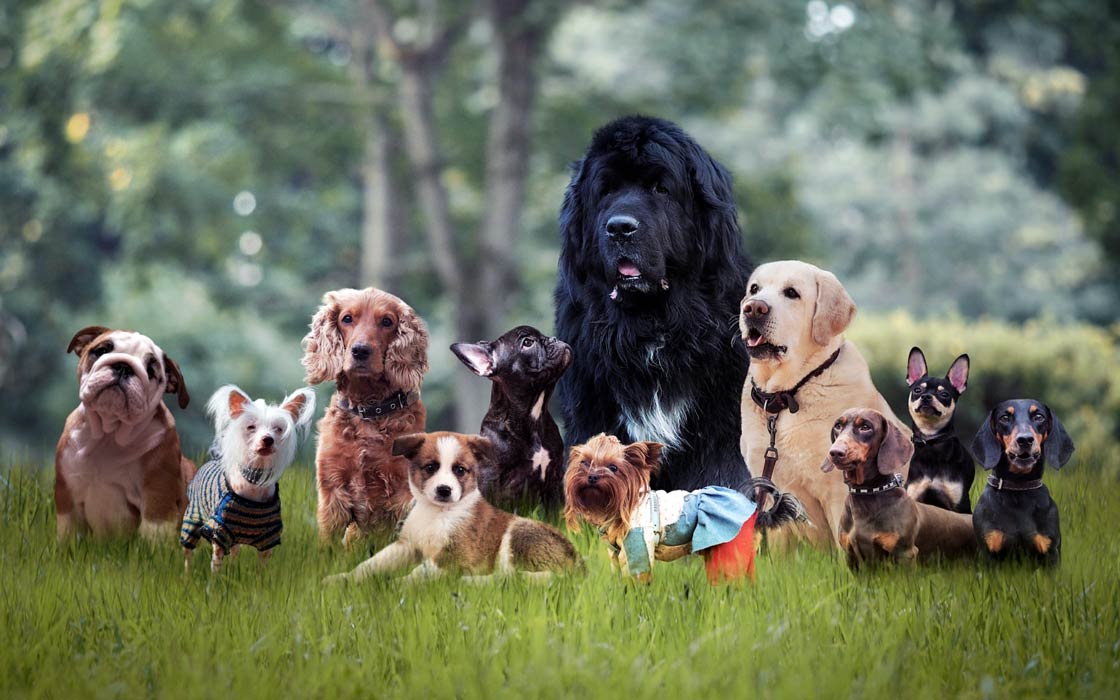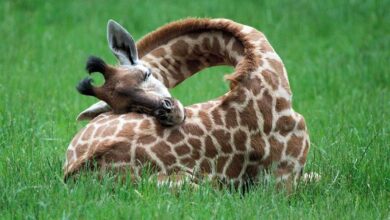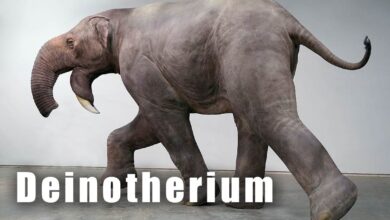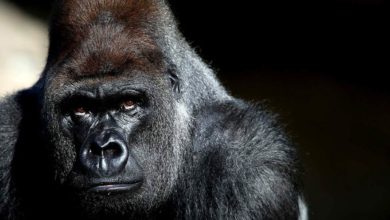The personality of dogs depends little on the breed
Not all pit bulls are aggressive and not all Border Collies are intelligent. As the study shows, behavioral differences between individuals are greater than differences between breeds. This has to do with the history of dog breeding.
What determines whether a dog is playful, curious, lazy or shy? Is it due to genes – or is it influenced by the breed of dog? A research team led by Kathleen Morrill of the University of Massachusetts Chan Medical School came to that conclusion. The study was published in the journal Science.
The breed of the dog says little about its temperament
The differences between individual dogs are greater than the differences between different breeds. Many behaviors are hereditary – whether a dog is particularly obedient, alert or trusting depends primarily on its parents.
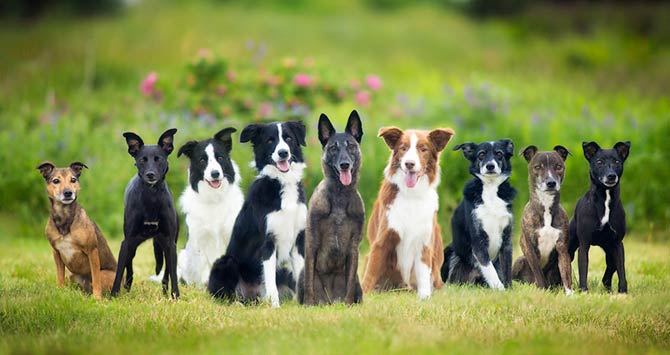
Modern breeds have only existed for 160 years
Breed membership is, of course, also passed down through genes. However, scientists point out that modern dog breeds are less than 160 years old. In terms of evolutionary history, this is a negligible amount of time, considering that the origin of the dog is estimated to be more than 10,000 years ago. Humans have been breeding dogs for about 2,000 years, and for most of that time, they were bred for the jobs they were supposed to do. Dogs were selected according to their characteristics, such as whether they were suitable as herding dogs, hunting dogs or guard dogs.
It was not until much later that the focus in breeding was on the appearance of four-legged friends: from then on, dogs were bred mainly according to the physical ideal and the idea of lines that are as pure as possible. This has led to the dog breeds we know today, which are still credited with behaviors that are also attributed to their former areas of use.
“The criteria that define a golden retriever are its physical characteristics – the shape of its ears, the color and coat, its size. Not the fact that it’s friendly,” said study co-author Elinor Karlsson of the Broad Institute of MIT and Harvard.
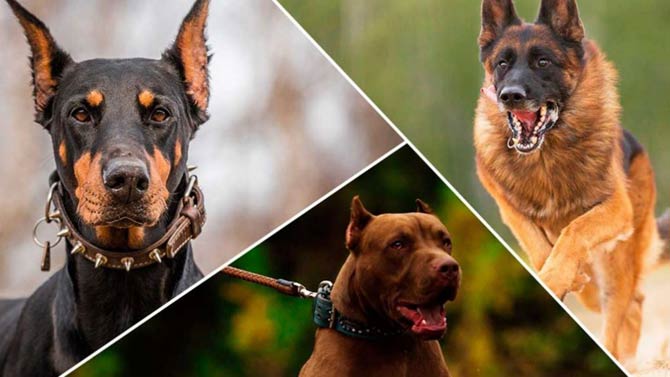
The team did not find any behavior specific to one breed
To test this hypothesis, the researchers involved in the study collected information from 18,385 (49% purebred) dog breeders and owners about the character and behavior of their purebred and mixed-breed animals. They also analyzed the genetic data (DNA) of a total of 2155 dogs and linked it to dog behavior.
They found that breed had little predictive value for individual dogs, explaining only 9% of the variation in dog behavior.
The evaluation showed that behavioral differences between modern breeds are generally only marginally apparent. The team found no behavior specific to any one breed.
For example, while Labradors are considered dogs that rarely howl, some dog owners reported that their pets sometimes or even often howled. It is said that greyhounds do not hide their toys, but some pet owners have observed the opposite behavior (this, by the way, sometimes appeared in the comments of dog owners, under the descriptions of breeds on our portal, that something “is not true” because just this or another dog has a different behavior – editor’s note).
In addition, the behavior of many dogs changes with age: puppies of different breeds loved to play with toys, as did German Shepherds, which are considered to be particularly toy-loving dogs. Analysis of genetic data has confirmed that different breeds have very few breed-specific genetic traits.
Therefore, when it comes to choosing the right dog, paying attention to breed is of limited use, explains Marjie Alonso of the International Association of Animal Behaviour Consultants.
Breed does not determine whether we will be happy with the dog or the dog with us. Appearance simply tells us very little about how a dog will behave.
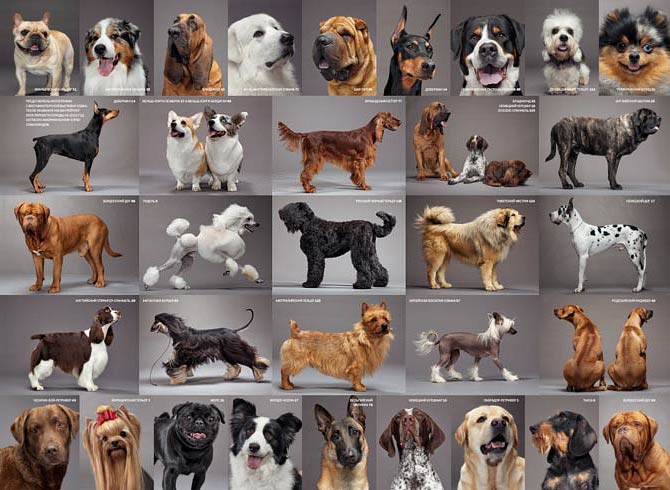
Recommended
- The smartest dogs
- The tallest dogs
- The most aggressive dogs
- The oldest dogs
- Pets
- Dogs
- Cats
- Wild cats
- The fastest animals
- The fastest birds
- The largest eagles

